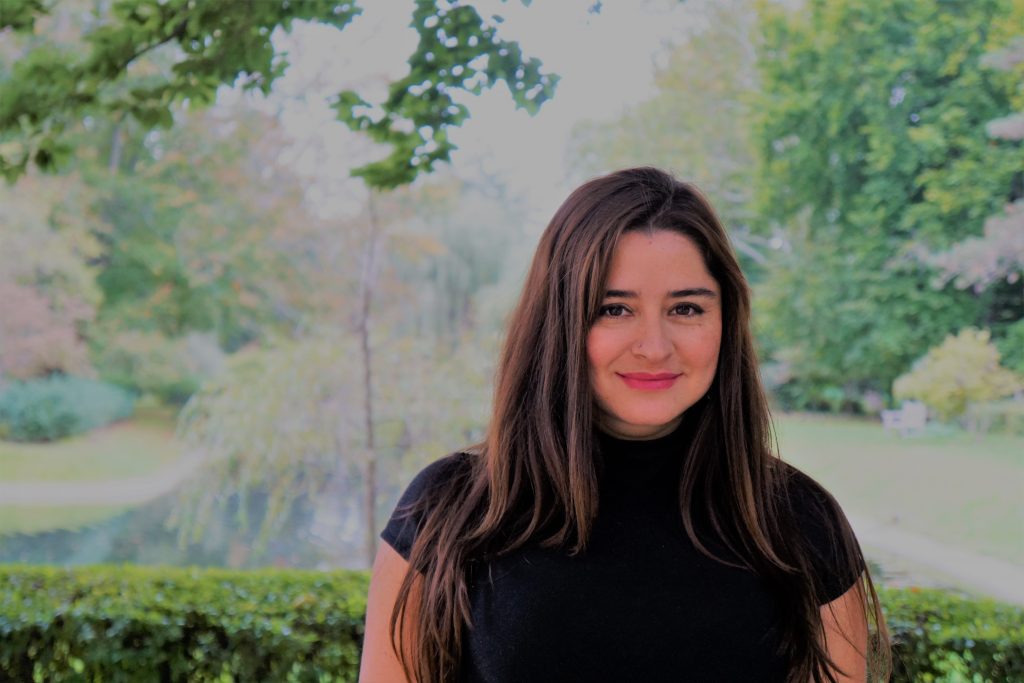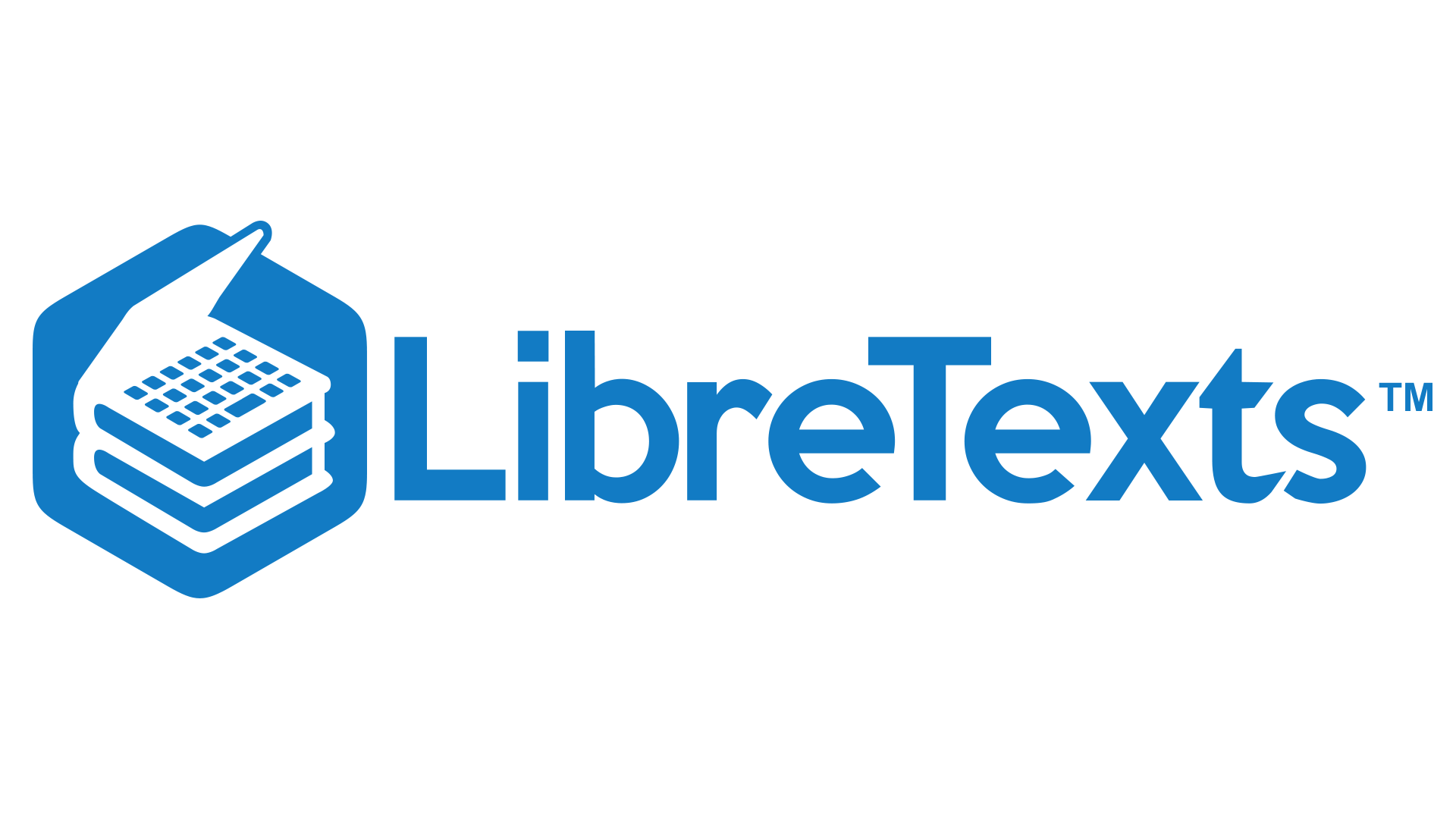
Dr. Sandra Úsuga is a lecturer of Modern Languages and Cultures at Saint Mary’s College in Indiana. Originally from Colombia, Dr. Úsuga has always strived to serve as a resource, or a bridge, between her students and their community. It is her deeply held belief that access to education is a right, not a privilege, coupled with her ability to identify with LibreTexts Executive Delmar Larsen’s personal story as a first-generation college student, that motivated her to move to OER for her Spanish courses at Saint Mary’s. She had always wanted to create her own website of resources for people who wanted to learn Spanish or English as a foreign language; LibreTexts makes this possible, she says. LibreTexts also provides her the resources and tools she needs to ultimately create her own OER text.
Beginning in the summer of 2019, Dr. Úsuga started working with colleagues to create several language manuals for basic, intermediate, and advanced Spanish speakers with a long-term goal of replacing all of the texts in her Introduction, Intermediate, and Conversational Spanish courses with OER. She recruited her former colleague, Dr. Enrique Yepes, who had returned to Colombia after teaching Spanish in the US for many years, to join their team. Dr. Yepes uploaded his existing OER Spanish grammar manual for intermediate or advanced students to the LibreTexts platform so that Dr. Úsuga and colleagues could use it for their classes. She hopes to eventually convince the rest of the instructors in her department at Saint Mary’s to adopt the OER once all the materials are completed.
Dr. Úsuga directs her students to LibreTexts for a large number of their assignments and all the reviews. She also relies on heritage learners of Spanish and/or those who are minoring or majoring in Spanish to contribute to the content in the workbook in order to help them put into practice what they are learning in her courses. Her goal, along with Dr. Yepes, is to create an even more interactive experience for Spanish language learners, with additional video content and interactive exercises created by both faculty and students, all hosted on the LibreTexts platform. While there are OER for Spanish available online, they are spread across a number of websites and, therefore, not always easy to find; Dr. Úsuga hopes to consolidate many of these resources, and more, on LibreTexts for easier access. She also recognizes a big need for Spanish OER for professions, such as nursing and business, and hopes to create courses for these areas as well. “One of my main goals is to keep designing activities through which students are encouraged not only to use their knowledge of Spanish but also to reflect about the importance of being open minded, inclusive, and in general, to embrace diversity, as well as to agree on the fact that representation does matter,” she says. Dr. Úsuga and her team’s current projects include the development of a Spanish conversation manual called Conversaciones de mujeres, focused on women’s voices, which aims to highlight the life and legacy of six different women in Latin America while improving students’ oral skills. Dr. Yepes is contributing to this project, and he is also adding to his Grammar Manual, while working on a book on Latin American History.
For some additional examples of Dr. Úsuga’s work on LibreTexts check out her Introduction to Spanish materials focused on women’s voices in Latin America: https://human.libretexts.org/Courses/Saint_Mary’s_College_(Notre_Dame_IN)/Aprende_Espanol_con_Libretexts_(Learn_Spanish_with_Libretexts)/Introduccion_al_espanol; a video and poetry analysis assignment; and an activity dedicated to the prolific writer, actress, and activist, Victoria Santa Cruz https://human.libretexts.org/Courses/Saint_Mary’s_College_(Notre_Dame_IN)/Aprende_Espanol_con_Libretexts_(Learn_Spanish_with_Libretexts)/Introduccion_al_espanol/Capitulo_3%3A_Que_tal_Mi_nombre_es_Victoria_Santa_Cruz./3.2_Victoria_Santa_Cruz_esta_escribiendo_el_poema_Me_gritaron_negra__(Estar_-_El_presente_progresivo) that invites students to use and improve their language skills while reflecting about the theme of women’s resistance.
To learn more about Dr. Úsuga’s work, she can be reached at: [email protected].
